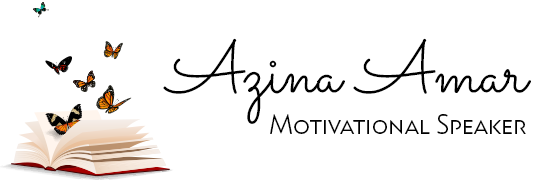
Most people barely notice them, or pass them off as if they’re not important. Those with panic attacks are far more likely to notice them, and this may result in a flood of anxiety that can lead to a panic attack. Alcohol doesn’t directly cause panic attacks, in the sense that those with panic disorder suffer from panic attacks with or without alcohol. There are several reasons for this, which will be discussed below; but the key thing to remember is that those with panic attacks suffer from an issue known as hypersensitivity.
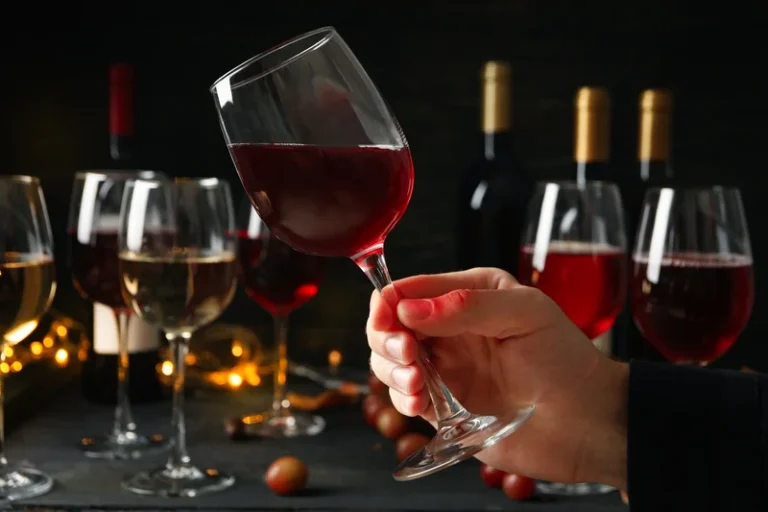
Cognitive and emotional symptoms:
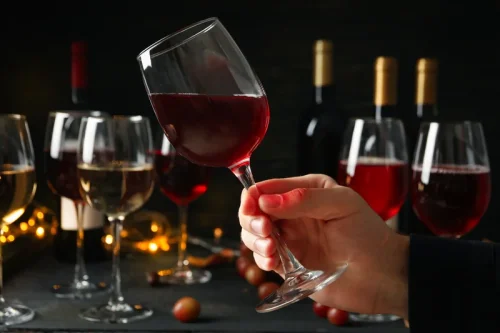
Whether or not you drink, your panic attacks need to be addressed separately. Cutting out alcohol will help you cope better, and should reduce the likelihood of experiencing a panic attack, but it won’t stop them altogether. In order to truly take control of your panic attacks, you should make efforts to treat the underlying anxiety that’s causing them in the first place. Alcohol may be a popular casual drink, but it is still a drug.

How alcohol can cause anxiety and why you shouldn’t treat anxiety with alcohol
A rise in adrenaline can make you lively, so intoxicated people are often loud and active at first. Noradrenaline is a chemical produced naturally by your body to remove adrenaline when it is no longer required. Records of the care you receive from Charlie Health will be shared with your primary care provider (PCP) via an electronic patient record system or provided in a different manner unless you opt out. The information in this article is for informational and educational purposes only and should never be substituted for medical advice, diagnoses, or treatment.
- The ‘reason’ behind the anxiety is the driver for more drinking.
- Few people may realize it, but you can actually be allergic or intolerant to alcohol.
- It’s best to focus on taking slow, deep breaths to avoid hyperventilating.
Legal and Medical Considerations for Panic Attacks as a Disability
If you’re feeling nervous about being in a social setting, you may pour yourself a glass of wine to self-regulate any stress. Let’s say you drink a beer and martini but you can you have a panic attack while drunk don’t drink any water in between. Alcohol is a diuretic, meaning it makes you lose water through peeing, so it’s very important to drink plenty of water as well when you’re drinking alcohol. To help manage panic attacks effectively, try to address the underlying anxiety with a professional.
- This is because studies show that five sessions of breathing training over the course of four weeks reduces the severity of panic attacks.
- It started off simple, I felt like I was having a hard time breathing.
- One study estimates that around 12% of adult drinkers experience anxiety during a hangover, with a further 15% experiencing depression.
- This means that cutting out alcohol can help – but often further action is required in order to take full control of your condition.
- Over time, this can cause a person to drink more, thus creating dependence and possible alcohol addiction.
How Long Does It Take for Anxiety to Go Away After Quitting Drinking?
- But this doesn’t necessarily mean that alcohol is a direct trigger of panic attacks.
- Drinking whilst taking certain medications can also induce side effects like drowsiness, dizziness, confusion, and stomach problems.
- There aren’t any definite cures or ways to get rid of hangxiety symptoms, except with time, but there are ways that you can cope.
- These effects are particularly visible the day after drinking when the hangover begins to set in.
- In fact, about 25% of people with panic disorder have a history of alcohol dependence.
Alcoholics Anonymous and other 12-step programs can be beneficial for some individuals. Increased irritability or mood swings may emerge, affecting relationships and daily interactions. Difficulty concentrating or focusing on tasks is another typical sign. Some people experience a heightened startle response, becoming easily frightened by sudden noises or movements. Alcohol also disrupts brain chemistry, affecting neurotransmitters like GABA that regulate anxiety. Specific support is also available if you need help with your drinking.
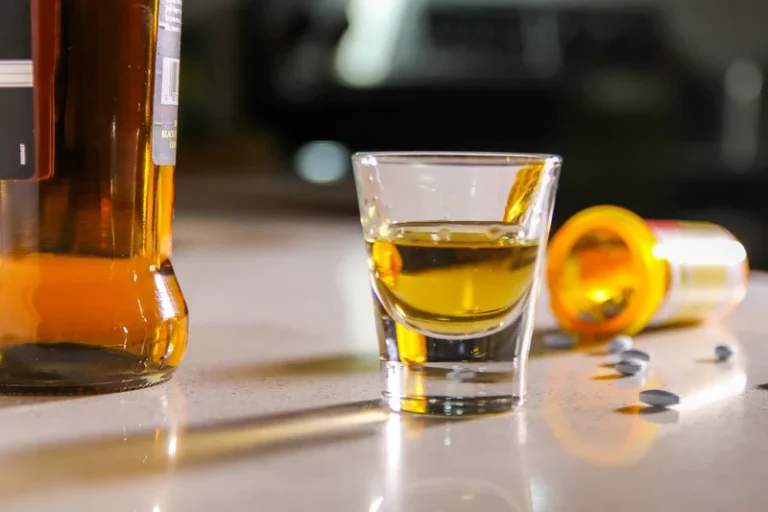
What Triggers a Panic Attack?
But this doesn’t necessarily mean that alcohol is a direct trigger of panic attacks. Panic attacks have complex causes and usually come out of nowhere. If you have a co-occurring mental health condition, you are more likely to Drug rehabilitation experience frequent and intense panic attacks. Alcohol dependence is prevalent among people with a variety of anxiety disorders, especially women with social anxiety disorder. National surveys demonstrate that people with an anxiety disorder are two to three times more likely to develop an alcohol use disorder (AUD). There are also similar connections between co-occurring disorders and alcohol abuse.
Alcohol and panic attacks
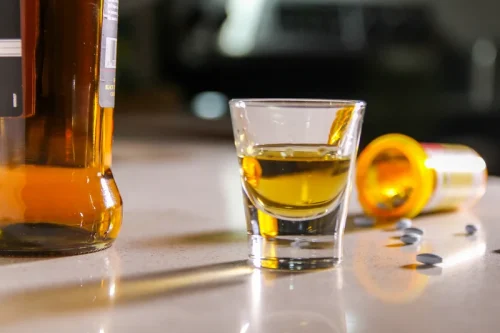
In this case, alcohol can be especially harmful, potentially triggering and exacerbating panic attacks. While for some people the occasional drink is not harmful, others find that a single sip of alcohol is enough to significantly worsen their anxiety. Over time, a reliance on alcohol to manage social anxiety can even worsen the problem and lead to a harmful cycle of dependence.
Although even a heavy night of drinking can trigger anxiety, major withdrawal symptoms and bad hangovers make alcohol panic attacks even more likely. Hangovers can also add to the stress, if a person can’t function, or has to miss work/school. Drinking alcohol can directly cause panic attacks in some people. As blood alcohol levels rise, heart rate increases and blood sugar drops.
